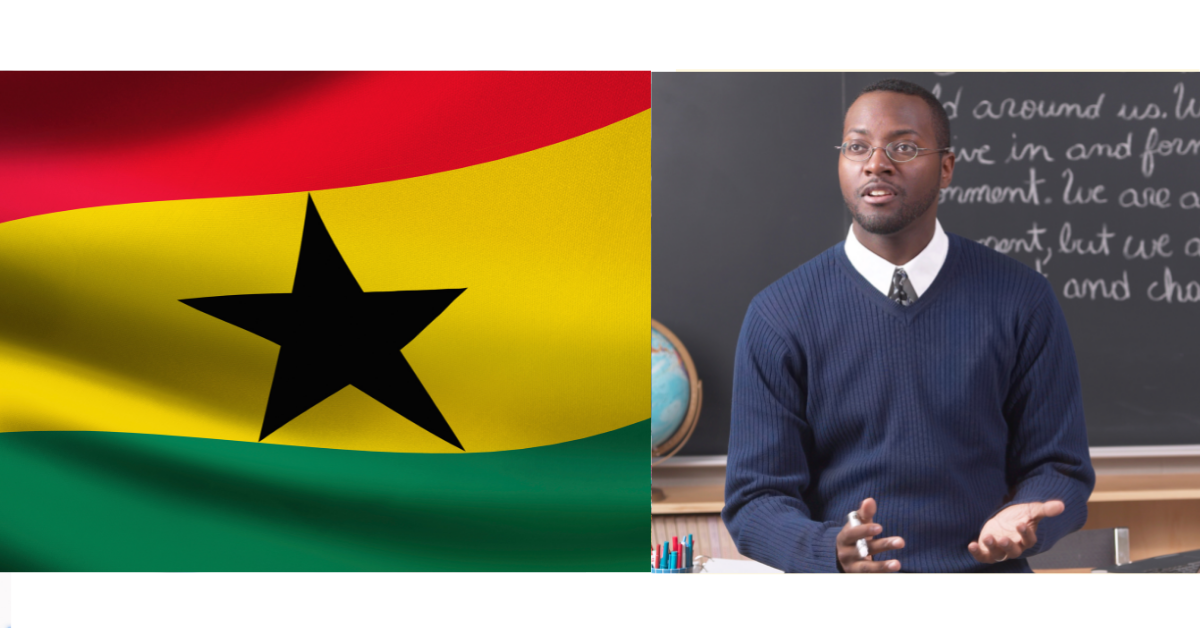Ghana: The UTAG Stalemate: Crisis Averted
March 11th, 2022
For almost two months, university teachers in Ghana had been on strike as they appealed to the government to address their concerns. The situation meant the education of thousands of students was affected. Luckily, a resolution has come, which means students can finally resume the education they have paid for and deserve. But what might have been the cost to students had the contending parties decided to prolong the stalemate? 21-year-old Ghanaian correspondent, Ewura Adwoa Larbi, tackles the issue.
Could this be the prelude to a yearlong strike such as the 1995/1996 impasse, or could it mean the long-awaited improvement of conditions of service for university teachers in Ghana? If the former were to occur, what would this mean for students?
These were the questions being asked as late as the last week of February 2022, when some members of the University Teachers Association of Ghana (UTAG) still remained on an indefinite strike after almost two months.
In August 2021, UTAG had gone on a nationwide strike to protest the Government of Ghana’s neglect of their book and research allowance and demand the restoration of 2012 conditions of service which they claimed were much better than what was presently provided. The strike lasted for weeks until an agreement to resolve the issues between the government and UTAG brought the conflict to a halt.
Unfortunately, on the 8th of January 2022, UTAG released a communique, threatening a new strike action due to the failure of the government to satisfy their previous demands. Thus, on January 10, 2022, UTAG embarked on another strike action that drew out for more than five weeks.
The universities had resumed academic activities just as UTAG began the strike. This meant students resumed school, paying all their academic and residential fees, without gaining the tutoring services they paid for. Like a ‘yo-yo’ diet, proving difficult to produce any positive results for the parties involved, the National Labour Commission (NLC) and UTAG were in and out of court after NLC sued the teachers’ group because of the strike.
All across social media, students and stakeholders aired their grievances concerning the situation, resulting in Twitter trends such as ‘#UTAG’ and ‘#UTAGStrike’. Students attended school and utilised resources although academic activity remained on hold. Many worried about the repercussions of the strike on their education as well as finances. After all, they had paid all their fees but had no teachers. Some saw this as a waste. Was the government to blame for not satisfying UTAG’s demands? Was UTAG too nonchalant about the students’ welfare?
Students caught in the crosshairs of this tug of war feared the worst consequences if the strike was not resolved urgently. Finally, some reprieve came. In response to a court order, teachers resumed lectures on Monday, February 28, while they continued to negotiate with the government. Four days later, UTAG announced that it had a successful meeting with government and all its issues were resolved.
The crisis was averted. Students could now breathe a sigh of relief as the lengthy stalemate between teachers and the government had ended at last. Their concerns as students could again be made priority. But the situation brought into sharp focus the fragility of the education system and just how much the decisions of those in charge can make or break a that system. Had this stalemate gone on for longer, what would it have meant for the future of students? How would it have affected the quality of their education? Certainly, one might guess it would have had serious negative consequences. Thankfully, we do not have to find out.
Photo Credit: Canva
About Ewura Adwoa Larbi: I’m a tertiary student studying animal biology and conservation science. My passions include nature and human and animal interactions.






